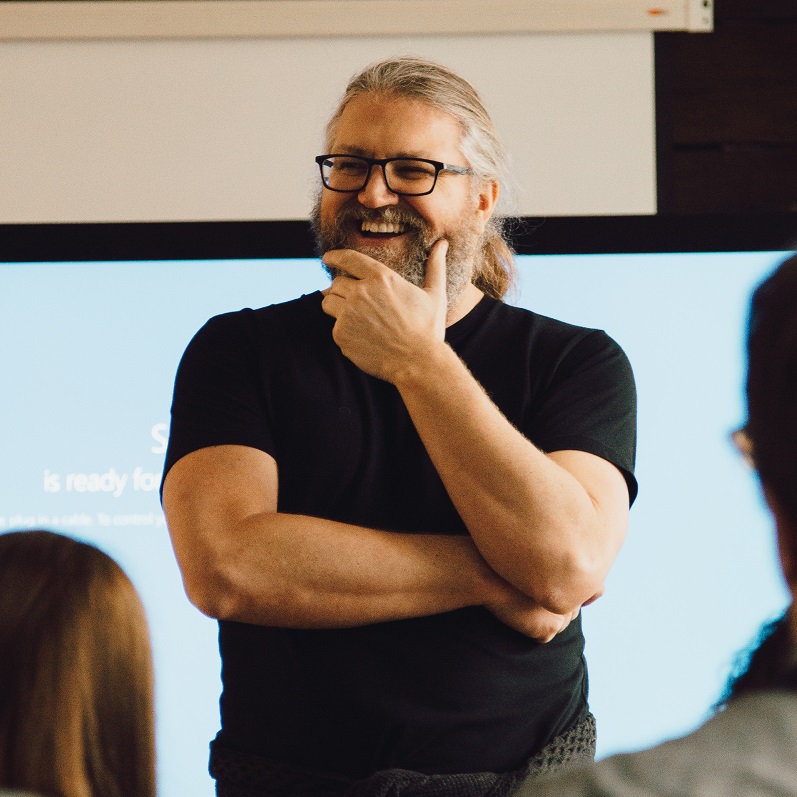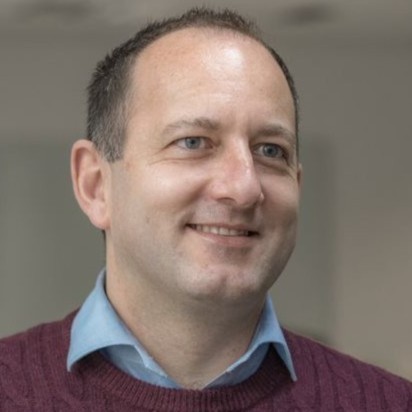
Kelly Waters, 101 Ways
Managing the cashflow and putting in a lot of hard work has been the key to business success, says Kelly Waters, the founder of 101 Ways, a technology consultancy based in London which now has a turnover of £20 million and employs around 100 people.
- What was the inspiration for your business?
I was working as an individual independent contractor, mostly doing interim technology director roles, and I found that clients kept engaging me for the same thing over and over again, which was to help lead a large internal programme to build new digital products and drive new ways of working. I would often need to build specific teams using contractors to carry out these sorts of programmes because the businesses themselves often didn’t have the right people available and recruiters would just give me CVs. The lightbulb moment came when I got seven calls in one day asking me to do the same thing for different companies. I thought, why don’t I create a business that will provide this service.
- How did you find your first customer?
At the beginning I wrote a slide deck about my idea – what the service was, how it would benefit the client - and sent it to half a dozen ex-colleagues in quite senior roles to ask them for feedback on whether they thought it was a service they would find useful. Two of them said yes, and they needed it straightaway. So what was initially some research to see whether the proposition made sense immediately turned into two clients, and we were off and scrambling to make it happen.
- How did you finance the growth of your business?
I self-funded it entirely from personal savings. When I started working as an individual contractor in 2013 I saved as much as I could for three years. I also had some money from the sale of my house; instead of using it to buy a bigger house I got a small flat and put the rest into the business. It takes quite a lot of working capital to pay consultants before clients pay you so it was very important to have funding in place before I started to grow the business. We haven’t needed to borrow money.
- What has been the most challenging part of growing your business?
Managing cashflow. At one point we had half a million pounds worth of bills but only £4000 in the bank. That was quite scary. We had the sales and the growth but we didn’t have the cash. Fortunately we managed to negotiate earlier payment with some clients for quite large sums and so we managed to get paid just in time to be able to pay our contractors, but there were definitely some sleepless nights for a while.
- What has been the impact of the pandemic on your business and how have you dealt with this?
It has been difficult. We were very fortunate that we didn’t lose any of our clients but we have seen a reduction in projects and revenue and it has been quite a challenging time. Not many people are committing to new projects at the moment. We are doing ok but we have had to reduce our costs. We have reduced our office space and cut out all unnecessary expenses.
- What mistakes did you make?
Not investing early enough in sales and marketing. For a long time the work came from word of mouth and from my network. We were growing as fast as we could cope with in terms of cashflow and workload so I never really invested in sales and marketing because I always thought inbound demand would carry on. But of course it doesn’t. It was year four before we invested anything in sales and marketing and I should have done it earlier. We would have built a more sustainable pipeline that would have kept the growth going at a more sustainable pace, rather than in very spiky jumps.
- What has been the secret of your success so far?
Hard work, over a sustained period of a few decades. Sometimes people have said to me, Oh wow, you grew to having 100 people in two years, almost like an overnight success. But actually I was working really hard for many years before that, which led to that success.
- What advice would you give an entrepreneur just starting out about how to grow their business?
It all comes down to how you handle people. You need to set out with a very deliberate idea of the culture you want and the kind of people you want because that will shape the personality of the company and will probably determine your success. Don’t allow people to disrupt that - sometimes you have to say goodbye to people because they are taking the culture in the wrong direction.
- What personal quality or characteristic has been most useful to you as an entrepreneur as you grow your business?
Obsession.


